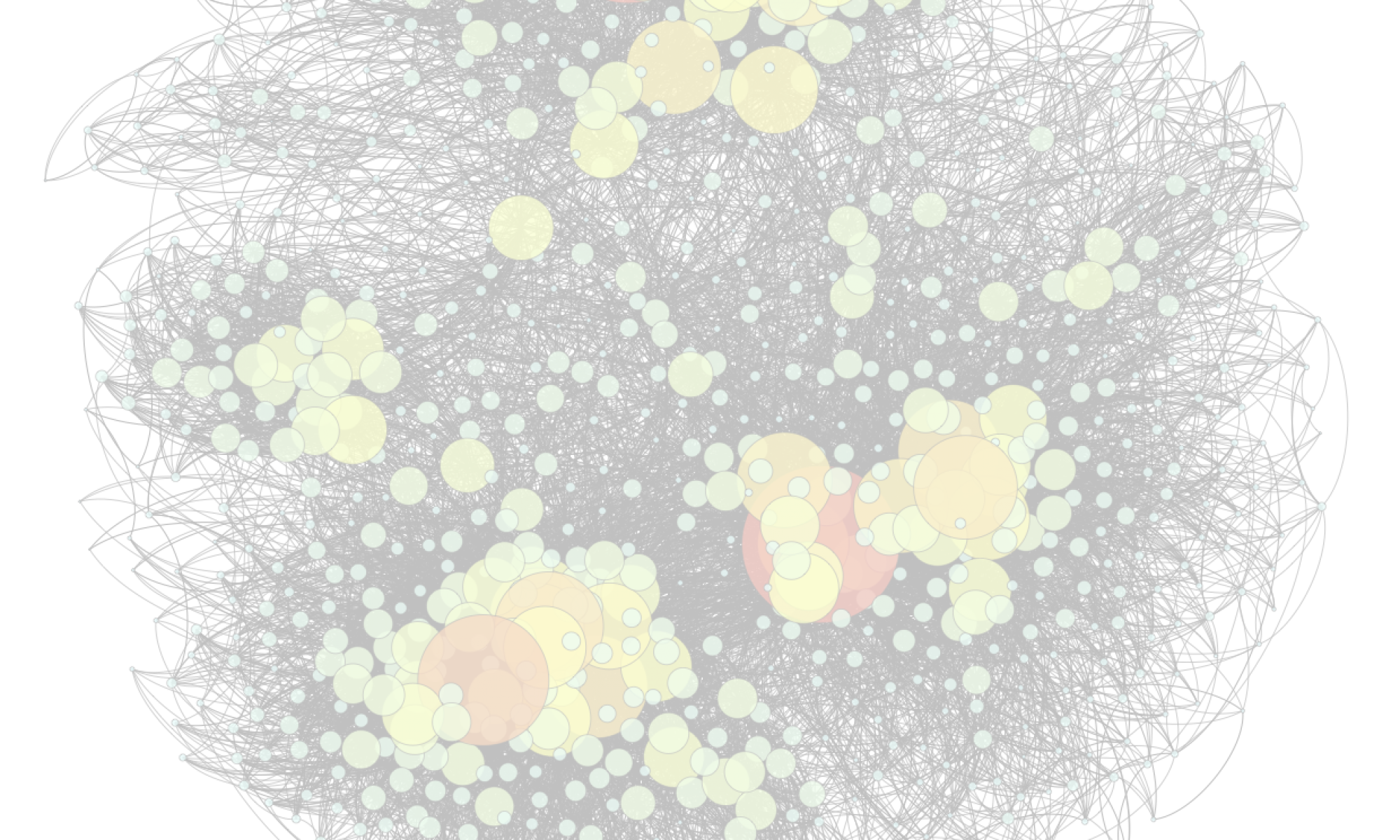Five articles have been accepted at ICLR 2026
-
Query-Level Uncertainty in Large Language Models.
Lihu Chen, Fabian M. Suchanek, Gaël Varoquaux, Gerard de Melo -
Efficient Resource Constrained Training of Vision Transformers via Subspace Optimization.
Le-Trung Nguyen, Enzo Tartaglione, Van-Tam Nguyen -
Study of Training Dynamics for Memory-Constrained Fine-tuning.
Aël Quélennec, Nour Hezbri, Pavlo Mozharovskyi, Van-Tam Nguyen, Enzo Tartaglione -
INSTANT: Compressing Gradients and Activations for Resource-Efficient Training.
Tuan-Kiet Doan*, Trung-Hieu Tran*, Enzo Tartaglione, Nikola Simidjievski, Van-Tam Nguyen -
TabStruct: Measuring Structural Fidelity of Tabular Data.
Xiangjian Jiang, Nikola Simidjievski, Mateja Jamnik
Best Paper Award at ISWC 2025
Yiwen Peng, Thomas Bonald and Fabian Suchanek received the Best Paper Award at
ISWC 2025 for their paper
“FLORA: Unsupervised Knowledge Graph Alignment by Fuzzy Logic.”
Attendance at ISNIE 2025
Nils Holzenberger attended the International Seminars on the New Institutional Economics 2025 (ISNIE 2025).
